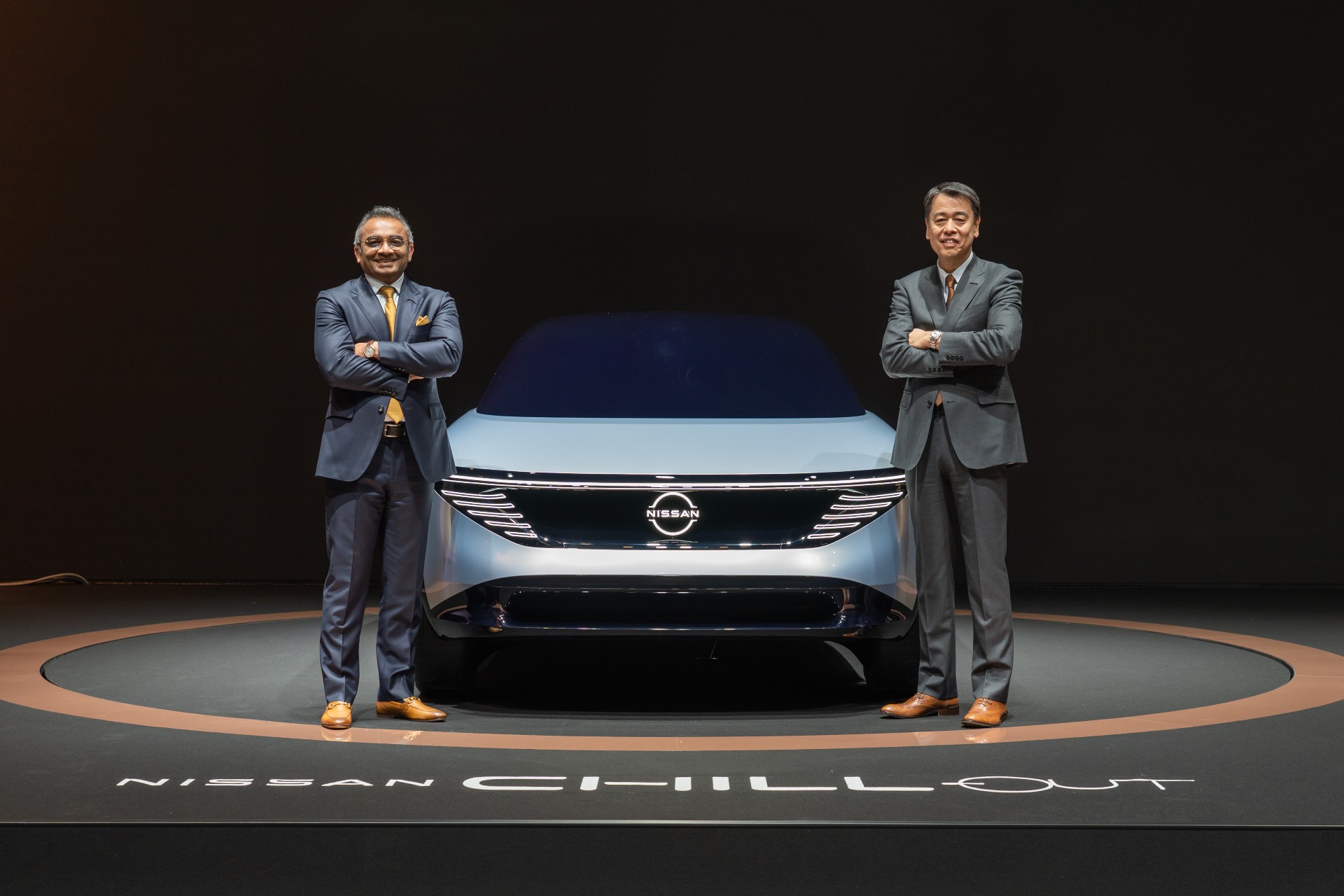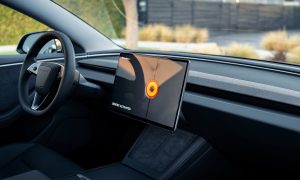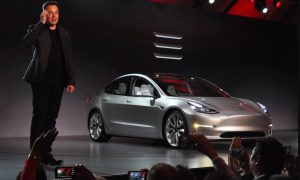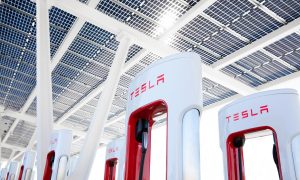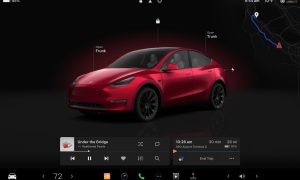In the world of global automotive development, companies that have long relied on gas-powered motors are announcing new plans to transition to electrification on a nearly daily basis. Today, Nissan became the most recent company to announce electrification plans, pledging to launch 23 new electrified models and 15 new battery electric vehicles (BEVs) by 2030 as a part of its long-term strategy to place electrification at the core of the company’s product line, joining the Nissan Leaf and ARIYA in the lineup of EV models.
“The role of companies to address societal needs is increasingly heightened. With Nissan Ambition 2030, we will drive the new age of electrification, advance technologies to reduce carbon footprint, and pursue new business opportunities,” Nissan CEO Makoto Uchida said today. We want to transform Nissan to become a sustainable company that is truly needed by customers and society.”
Nissan’s EV push accelerates as ARIYA crossover opens reservations
Nissan has set itself up for a more successful transition to electric vehicles by slotting out specific sales goals in each region of the world. After all, not every market is as committed to EVs as others. Still, the areas of focus for Nissan are Europe and Japan, which hold its two highest goal EV sales concentrations compared to any other region globally. Nissan will aim for at least 75% of its sales in Europe to be electric by 2026. Japan at 55% and China at 40%. The United States is also at 40%, but Nissan said its goal will be 2030 to reach that sales goal in the U.S.
“We are proud of our long track record of innovation and of our role in delivering the EV revolution,” Nissan COO Ashwani Gupta said. “With our new ambition, we continue to take the lead in accelerating the natural shift to EVs by creating customer pull through an attractive proposition by driving excitement, enabling adoption, and creating a cleaner world.”
Building an effective electric fleet goes well beyond putting battery packs in newly-designed vehicles. Infrastructure and accessibility are essential and often overlooked by automakers. Consumers sit at the forefront of the plans to electrify fleets and are often let down by companies that have focused on products but not on how they will thrive in an ever-changing world. Nissan said it aims to launch its EVs with a proprietary all-solid-state battery by 2028 and would launch a pilot plant in Yokohama, Japan, as early as 2024. The use of solid-state batteries could reduce charging time by one-third, and in-house development is expected to bring battery costs down to $75 per kWh by 2028. $100 per kWh is a commonly agreed-upon price at which EVs would reach parity with gas cars, so this would make Nissan’s EVs quite cost-effective if it can come through on its affordable battery development efforts.
Nissan is also planning to expand its ProPILOT technology to over 2.5 million vehicles in its and INFINITI’s lineup by 2026. The company’s semi-autonomous driving systems will rely on LIDAR systems on “virtually every new model by fiscal year 2030.” Interestingly, Nissan has said in the past that LIDAR is not needed for self-driving.
The effort moving forward will require partnerships and collaborations with industry leaders. Nissan said that its need to launch in various regions will require partnerships with suitable partners for more efficient mobility in cities and sustainable mobility in rural areas.
I’d love to hear from you! If you have any comments, concerns, or questions, please email me at joey@teslarati.com. You can also reach me on Twitter @KlenderJoey, or if you have news tips, you can email us at tips@teslarati.com.

